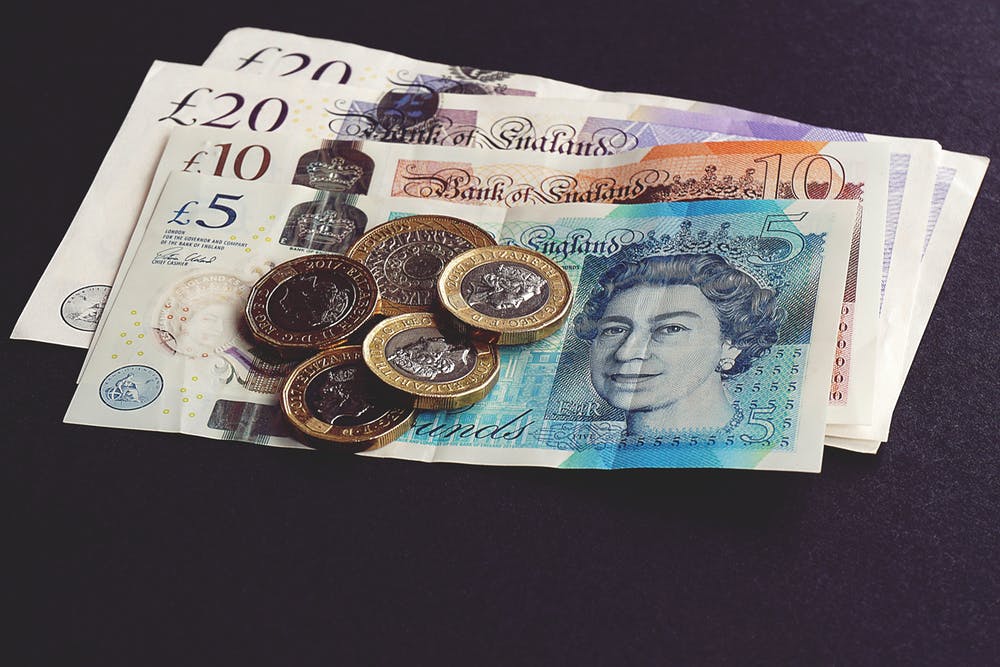Business
Everything You Should Know About Currency Transfers Post-Brexit
The 2016 referendum changed the economic landscape in the UK forever as the country voted to leave the EU. Three years later, Brexit is still an unknown quantity with politicians unable to come to an agreement that suits all sides.
There are many potential outcomes, but for now at least, the possibility of revoking Article 50 and cancelling Brexit seems to be off the table. The foreign exchange market has not responded well to Brexit, with the pound sinking in value since 2016.
But what about once Brexit finally takes place – what happens then? Although there are still some uncertainties, here’s what you should know about currency transfers post-Brexit.
Prolonged volatility in the exchange rate of sterling
The foreign currency exchange market is renowned for its high levels of volatility, and that’s one of the reasons why trillions of dollars are traded every week. However, in such uncertain economic times, the volatility is increased even further with the pound set to plunge as the UK navigates new trading agreements.
Since the referendum, the value of sterling has steadily dropped, and experts believe the currency has further to fall before it plateaus and can attempt to recover.
The market doesn’t respond well to economic uncertainty, and if the UK leaves on a no-deal basis, the expectation is that the pound will take a serious hit. An agreement will help stabilise the value of the pound somewhat, but it’s not predicted to bounce back immediately.
Right now, Brexit is the primary factor dominating the value of sterling, but there are other economic indicators. The data from the second quarter showed a contraction in the economy, and there are concerns about the third-quarter performance. If the economy contracts for the second consecutive quarter, it places the UK officially in a recession.
It’s hard to predict the medium- to long-term prospects for sterling, but in the short term, currency transfers are likely to be based on a pound that’s significantly weaker than in previous years.
It’s a good time to bring money back to the UK
London is one of the global hubs for currency transfers, and even post-Brexit will remain one of the leading financial cities in the world. Although a weaker pound is bad news for anyone seeking transfers to other currencies, for others it’s a huge boost.
Currency transfers moving in the opposite direction – that is, moving back to sterling from another currency – are benefitting from the weaker pound. This means that if you were planning on transferring money back into sterling, now is an excellent time to take advantage.
Post-Brexit, the pound is expected to stay weak for some time, although its precise exchange rate will vary depending on whether it’s a no-deal or based on a withdrawal agreement.
Current brokers can provide a range of tools to help maximise opportunities. These include market orders where a trade is executed as soon as the exchange rate reaches the point specified.
Exchange rates more important than ever
With the pound predicted to continue to loll in the doldrums for some time, getting the most competitive exchange rate possible will be vital post-Brexit. Large currency transfers could find the value swings by several hundred or even thousands of pounds if the exchange rate moves by even a small amount.
Historically, banks don’t offer the most competitive rates for currency transfers and tuck away a large amount of profit in the exchange rates. This, together with fees, leaves customers significantly out of pocket.
Currency transfer firms offer far more competitive exchange rates, and post-Brexit this will be even more important than before. With sterling so soft and not buying as much foreign currency than before, being able to get the best possible exchange rate will be a priority.
Currency transfers will continue
There has been much speculation about the likely fallout from Brexit, with some experts warning about temporary shortages in medicines, food and other essential supplies. New agreements will be required, with only a few industries already having contingency plans.
Whether the UK is in or out of the EU, currency transfers will continue. There is nothing to block currency transfer firms from continuing to operate or send money to the country of your choice. Therefore, while there may be taxation implications for purchases, the process of being able to send a currency transfer will not be affected.
Uncertain times
At the moment, even the experts can’t predict with any degree of surety what the future holds for the UK. With Brexit looming ever nearer, exchange rates could fluctuate more rapidly than before, but currency transfers will continue to be available for all UK customers.












